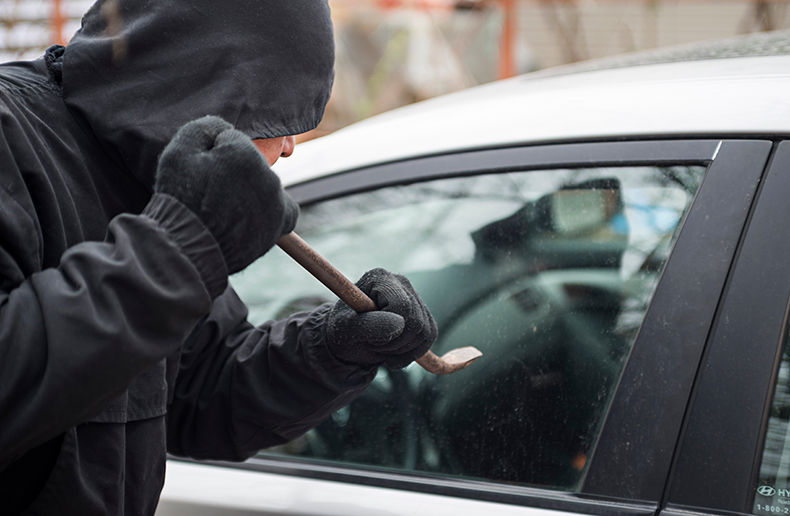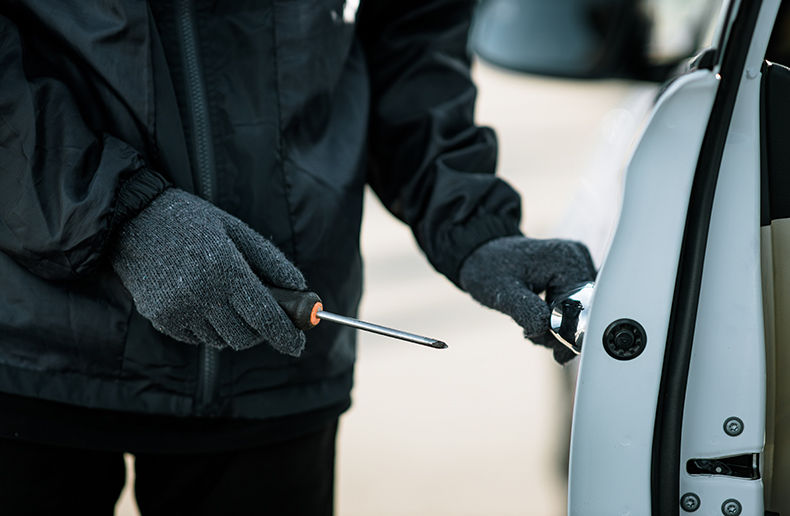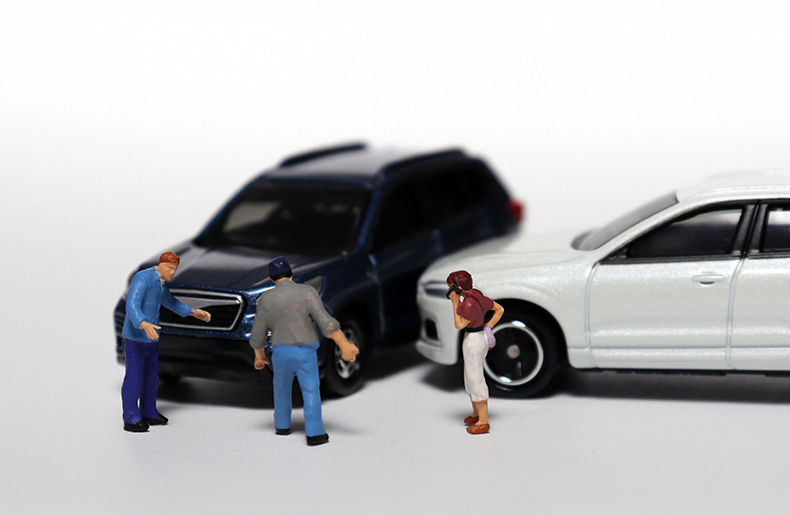Canada is said to lead the world in terms of the number of vehicle thefts, but also in terms of number of vehicle theft frauds. The trend is on the rise, which is why drivers and insurers should adopt precautionary measures, according to Freddy Marcantonio, Tag's Vice President, Business Development and Distribution.
An Equifax Canada report from October 2024 revealed that auto fraud had increased by 54% over the previous year. Among other things, the rating company attributes the phenomenon to falsified credit applications and identity theft. Equifax Canada also reports that Ontario has seen the greatest increase in auto fraud.
In 2014, an article in the Insurance Portal indicated that between a quarter and a third of auto thefts were potentially fraudulent.
Costly fraud
The rise in fraud cases is costly for Canadian insurers, a bill that Marcantonio estimates in the millions of dollars every year.
"Experts estimate that 30% of unrecovered vehicle thefts are suspected of fraud. Nearly a third of reported auto thefts are in fact fraud," Marcantonio says.
What's more, fraud detection is particularly complex for insurers, while losses attributable to fraud are said to hover around 10% of claims.
Sophisticated strategies
Over time, the modus operandi of fraudsters has become more sophisticated. In one out of every three cases of fraud, the owner or lessee of the vehicle is involved, says Marcantonio.
“The latest method is to use a nominee to buy or lease a vehicle, sometimes someone who couldn't afford it,” he explains.
“The vehicle is then resold abroad by an organized group and shipped overseas in a container, usually by boat. But on paper, the car is still on Canadian soil," says Marcantonio.
Two or three months later, the vehicle changes hands and they change insurers.
The problem, he says, is that no one sees the vehicle during the transactions at the vehicle registry office and with the insurers. “Yet it's been months since the vehicle left by boat and is no longer in the country,” he explains.
A few months later, the fraud is committed, when the vehicle is reported stolen. “The fraudsters have already made money on the vehicle when it is resold, and now they pocket the insurance compensation,” explains Marcantonio.
Better safe than sorry
At present, there is no way of detecting fraudulent claims with any certainty, especially as the current insurance system is based on the presumed good faith of policyholders.
But while fraud cannot be prevented, it can be made more easily identifiable, says Marcantonio.
Tag set up an insurance support department several years ago to help insurers detect fraud.
Essentially, if a dealer or individual chooses to do business with the company, which specializes in installing tracking beacons on vehicles, it retains a car's geolocation data.
Only a handful of authorized people have access to this information, which is confined to an encrypted database.
“Let's say a vehicle was reported stolen last week, if we check its movements at the request of an insurer and realize that the last data recorded by our beacons is several months old, at the Port of Montreal, we might wonder why the owner didn't report it sooner...” illustrates Marcantonio.
Another database
By November 2024, Quebec’s financial markets regulator, the Autorité des marchés financiers (AMF), had updated several automobile insurance forms and deployed infoNIV, a Vehicle Identification Number database, in conjunction with the Groupement des assureurs automobiles (GAA).
Administered by the GAA, this database is designed to facilitate the transfer of information between insurers and police in the event of vehicle theft.
Since 1981, every car leaves the factory with a 17-character alphanumeric Vehicle Identification Number (VIN). This VIN can be seen in several places on the vehicle, and serves as a kind of fingerprint.
The VIN identifies the vehicle's model, year of manufacture, make and class, among other things. It also enables a car to be uniquely identified to the insurance industry, authorities, governments and other interested parties, making it easier to track its history, with respect to accidents, changes of ownership, or thefts.
The registration of insurers with VIN info has been compulsory in Quebec since Jan. 1, 2025.
Tariffs
The tariffs decreed recently by Donald Trump's administration in the United States are of great concern to the automotive and insurance industries, Marcantonio points out.
Many are holding their breath waiting to learn the repercussions of this imposition, keeping in mind the increase in theft that occurred during the COVID-19 pandemic.
Some countries no longer had access to certain vehicle models, so there was an increase in thefts," he explains. Will the effects of tariffs on production lines have the same effect? For the moment, we don't know."







